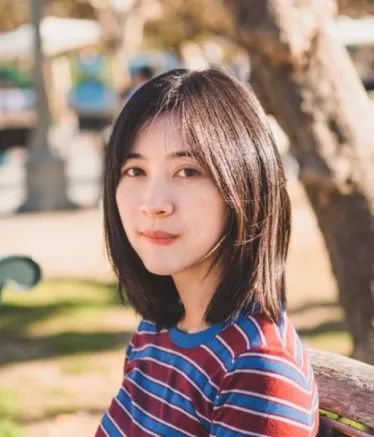


Engineering Next-Generation of AAV for Gene Therapy in CNS
May 03, 2023
Theme:Innovation by Evolution: Engineering Next-Generation of Adeno-Associated Viral Vectors for Gene Therapeutics in Central Nervous System
Host:Dr. Danqing Zhu
Time:11th May 2023, 14:00-15:40
Location: Room 226 Med-X Research Institute, Xuhui Campus, SJTU
Gene therapy, the delivery of genetic material to the cells of a patient for therapeutic benefit, has been increasingly successful over the past decade. The most successful gene delivery vectors are based on adeno-associated viruses (AAV). Although these natural viruses are safe and non-pathogenic, they present several barriers that limit their efficacy in delivery as they were not evolved by nature for human therapeutic applications. Directed evolution, a strategy involves the iterative genetic diversification of a molecule to create a gene pool and functional selection to isolate variants with optimal properties, has thereby emerged as a powerful approach for re-evolving AAVs of novel and improved functions. In parallel, recent advances in deep sequencing technologies allow millions of sequences to be assayed and used for training supervised machine learning (ML) models for prediction of protein properties. In this talk, I will be discussing about our work using the combination of directed evolution and ML-guided design to engineer ‘designer’ AAV variants with greatly improved packaging, diversity, and primary human brain infection capabilities. Specifically, we applied such method for developing AAVs that target a crucial cellular component of the central nervous system (CNS), microglia. As a brain-resident macrophage, microglia unfortunately have been implicated in many neurological diseases, such as Alzheimer’s disease, Parkinson’s disease, Huntington’s disease, and others etc. Therefore, genetically manipulating endogenous microglia is a promising therapeutic approach to counteract disease pathology. The extension of such integration of new technologies will have broad utility in the development of next-generation novel vectors for therapeutic applications of many neurological diseases in the near future.
Profile

Bonnie Danqing Zhu joins the Department of Chemical and Biological Engineering (CBE) as an Assistant Professor in 2023. Bonnie completed her B.S in Engineering Sciences (Biomedical Engineering & Materials Science Engineering) at University of Virginia, working with Prof. Edward Botchwey on nanofiber fabrication techniques for drug delivery. She then continued her Ph.D. at Stanford University in Bioengineering, working with Prof. Fan Yang and Prof. Sarah Heilshorn to design novel biomaterials for stem cell delivery and tissue regeneration. Her research employs materials chemistry, protein engineering, and stem cell approaches to develop models of tissue development that capture the dynamic complexity of cell-ECM interactions. She then continued her training as CIRM Postdoctoral Fellow and Siebel Scholar at UC Berkeley and UCSF, working in Prof. David Schaffer, Tomasz Nowakowski, and Jennifer Listgarten’s group. Her current work focuses on using protein engineering and computational approaches to engineer safe and targeted therapeutic gene delivery vectors for treatment of neurological diseases. She currently has three U.S. provisional patents and her works have been published in journals including Advanced Functional Materials, Biomaterials, Trends in Molecular Medicine, etc.